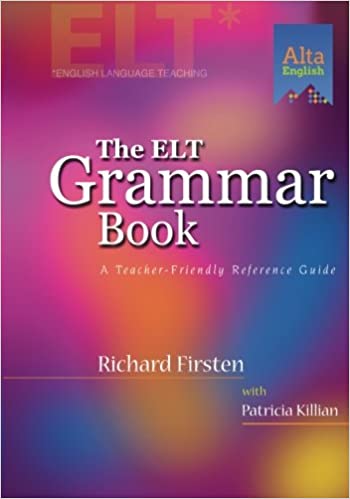In this post, I’m going to write about some commonly confused prepositions and expressions that we use to talk about time. For the sake of simplicity, the post is broken up into three sections, each of which deals with one set of easy-to-confuse prepositions.
For, since, and ago
For refers to the amount of time that an action continues in the past, present, or future. It is always followed by a duration. It answers the question “How long?”
I’ve been living in New York for two years.
We’re going on vacation to Spain for a month!
Since is used to talk about a point in time when an action began. The action can be either a date/time or an event. It’s always used in the past tense—in fact, it can only occur with the perfect tenses. It answers the question “When?”
-They’ve been shouting at each other since 1:00.
-You’d been living in that apartment since 2003, but I only moved in in 2005.
-She’s been like that ever since the Red Sox lost.
Ago refers to the amount of time that has passed since something happened. Like “since,” it can only be used to talk about past events; unlike “since”, “ago” is only used with simple past tense.
-I moved to New York two years ago.
-They started playing two hours ago.
Note: The reference point for “ago”–that is, the date by which you measure how long ago the event happened, is always the present moment. If you want to express the same sort of relationship between two past events, you can use the past perfect tense and the adverb “prior.”
-I met you in 2005. I had moved to New York 2 years prior.
In, on, and at
The prepositions in, on, and at are used to talk about exact times.
In is used for periods of a month or longer.
Einstein was born in 1879.
We go to the beach every year in August.
The American Civil War took place in the 19th century.
On is used for days and specific dates.
On Wednesdays we go shopping.
The first Model T was completed on October 1, 1908.
At is used for times.
Class starts at 9:00 AM.
I’ll be there at noon.
During and while
During and while are both used to talk about interrupted actions and lengths of time, or durations. They mean exactly the same thing; they differ only in the kind of phrase that must follow them.
During is always used before a noun.
During my studies, I worked really hard.
During the war, we couldn’t go out at night.
While is followed by a complete clause.
While I was in school, I worked really hard.
While the war was going on, we couldn’t go out at night.






Leave a Reply